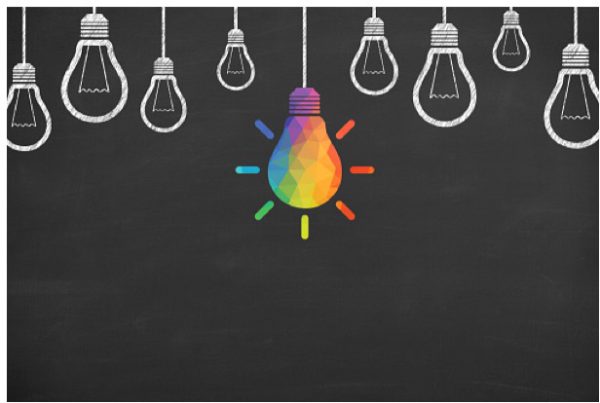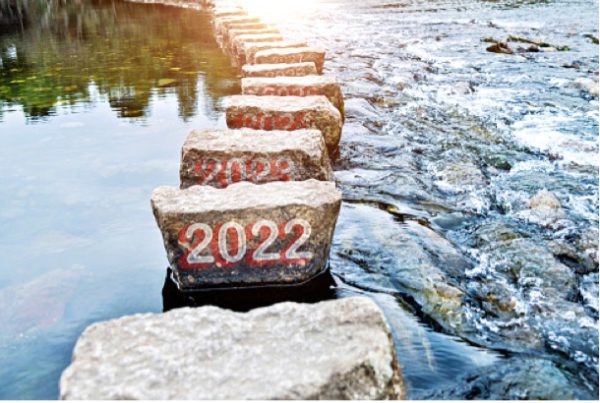“We’re learning that many businesses live paycheck to paycheck like their employees do. Given the current scenario, I think the future of work will depend greatly on what we decide to do once the crisis is contained”
– Ankkit Modi
The Nagaoka Review team had a discussion with Ankkit Modi, an interaction designer and Visiting Faculty at CIID on his thoughts on the future of work post COVID-19 pandemic, and the need for a new redefinition of mindset and skills to cope with the fast-paced change.
.
First let’s talk about COVID-19 and how it is transforming the technopolitical landscape along three dimensions: the tracking of people; the modelling of society, and the infrastructure of essential services. On all these levels, there are profound choices that will set the path for long after the crisis. It has mocked immigration controls, biometrics, digital surveillance and every other kind of data analytics, and struck hardest — thus far — in the richest, most powerful nations of the world. The pandemic is akin to a portal; historically they have forced us to think the world anew and this one is no different. It is a portal, a gateway between one world and the next.
It turns out, we could work from home all along; but we were lied to. We’re learning that many businesses live paycheck to paycheck like their employees do. Given the current scenario I think the future of work will depend greatly on what we decide to do once the crisis is contained.
There are two very obvious routes, the first being to go back to the pre-COVID19 way things were and continue as usual; and the second being adopting the learnings of working remotely and address the truths of capitalism while finding new ways of working. But beyond the two I feel like there might be one more that is not obvious to right now.
“And I worry that we’ll just mindlessly go back to the status quo ante when this is over, after we bury the dead. We need to learn from history.”
The response to COVID-19 has shown that we could have been orienting our lives around home instead of work this whole time. We could have had rent control and universal basic income this whole time. But the people we elected and people in power are concerned with making sure everything gets ‘means-tested‘. And I worry that we’ll just mindlessly go back to the status quo ante when this is over, after we bury the dead. We need to learn from history.
The Evolution in Education
As people are reading this, more and more faculties all over the world are finding new ways to teach courses and grade student work over the internet. So if we could do that now, why was it not done before? Did we need a crisis to force us to use the web the way it was intended ? People who are now working from home, who knew so much work could be done from home but were forced to come to the office because ‘that’s the way things are done’.
There is a quote by Piotr Czerski in an essay by titled “We, the Web Kids”, “To us, the Web is a sort of shared external memory. We do not want to pay for our memories.” It highlights what the internet was built for in the first place. Having said that, the internet depends on a web of infrastructure, electricity & under-ocean wires for it to exist. In another article titled “Why the Web isn’t Working for Women and Girls”, even web-inventor Tim-Berners Lee admittedly mentioned that the web is not working for women and girls and he is working towards fixing this via The World Wide Web Foundation. Other companies such as Mozilla also have called for the internet to be fixed.The way we use the web is broken. We need to fix that first in order to work in the future.
The Importance of Library and Hyperlinked Culture in post-Pandemic Life
There was a space created way before the internet that allowed for open and free exchange of ideas between people. It is called a library. It had an organized system of information that you could browse with the help of a librarian if you already knew what you’re looking for. The internet is not the only way forward for the future of work. Libraries with the help of architects, the state and librarians has paved the way for the internet to exist.
I love the old library culture for a few reasons: classification, careful selection & permanent collections. As for my love for the internet: diversification, access to everything & dynamic collections. Recreating a library inside a wireless headset is not a substitute or a solution. The library continues to play an important role in the society.
” The world is being changed by a primitive organism that makes one vast and fertile terrain of our bodies. We think it is spooky now but wait until it boots COVID-NET and we all become routers.”
The world is being changed by a primitive organism that makes one vast and fertile terrain of our bodies. We think it’s spooky now but wait until it boots COVID-NET and we all become routers. An article by the Atlantic brings to light how the pandemic is exposing the inherent fragility of a supply-chain built atop outsourcing, thin-margins and just-in-time transactions. What does efficiency mean? What do we mean by progress? What are we prepared to sacrifice for a better (less catastrophic) future? COVID-19 is asking us many questions. However, I suspect these aren’t the questions our dear leaders are asking themselves. Not even close.
3 Essential Skills for the Future
- Adaptability
- Trust
- Remote Working Capabilities
My summary for the future of work: constant change, trust in people & remote work. Constant change is something we need to get used to. Humans have existed for a long time, primarily because of our ability to adapt to changes. Trusting people around you, for example the health experts, scientists, nurses, your colleagues peers and mentors; and at the same time, being a person they could trust. Being able to utilize tools to work remotely will also be important. And if the tool to enable this does not exist, it is an opportunity for you to build it.
One significant change we can see now is instead of waving our hands in front of each other when we talk, we wave it in front of computers. Many short-term solutions will become permanent fixtures in life after COVID-19. We can’t return to “normal”, as the “normal” that we had was precisely the problem. The last article I will leave you with is this.
About Ankkit
Ankkit Modi is an artist and designer. He is experimental and thrives in collaborating with multi-disciplinary groups to solve complex problems with simple solutions and create engaging experiences. Spanning different disciplines and media his work addresses the urgent need for critical engagement with material reality through art, design and technology.
He holds a BA Dipl. in Visual Communication Design from Srishti School of Art Design and Technology and an MA Dipl. in Interaction Design at the Copenhagen Institute of Interaction Design from which he graduated in December 2013. He was a Creative Technologist and now a Visiting Faculty member at the Copenhagen Institute of Interaction Design, CIID. He is also an exhibiting artist and interaction designer. He can be reached via Twitter.

Main Article Photo by Paul Melki on Unsplash











